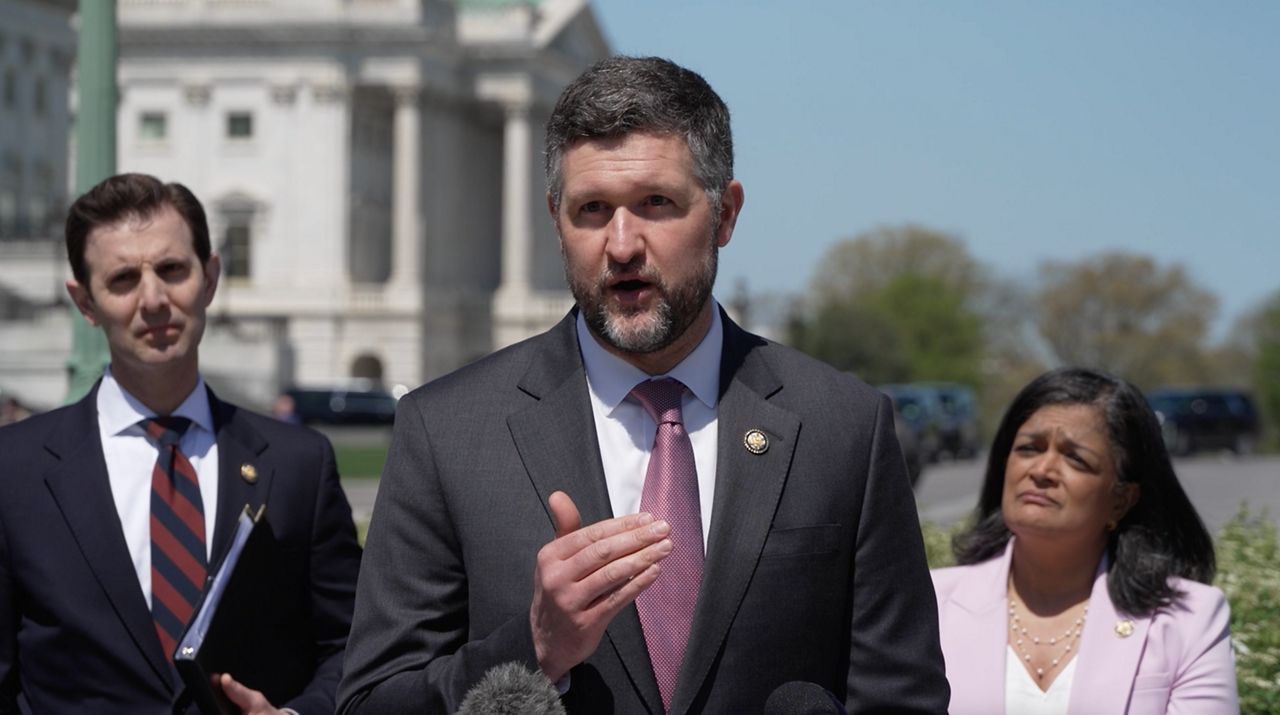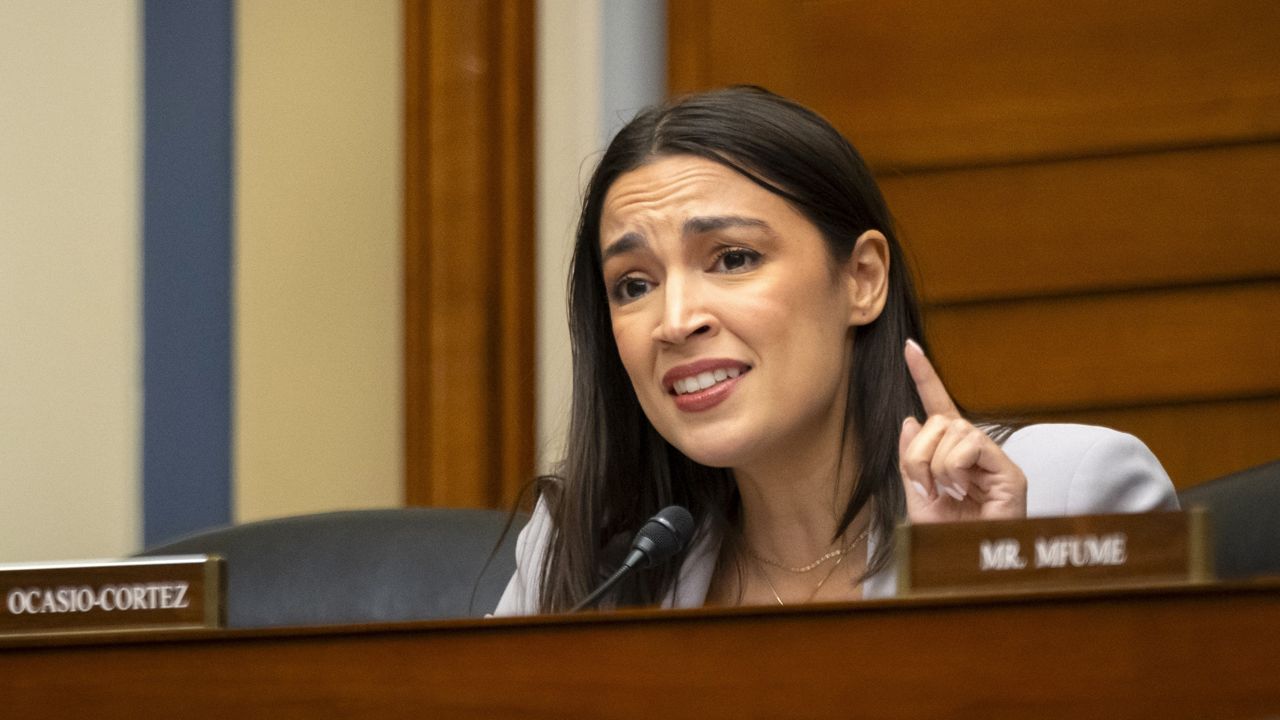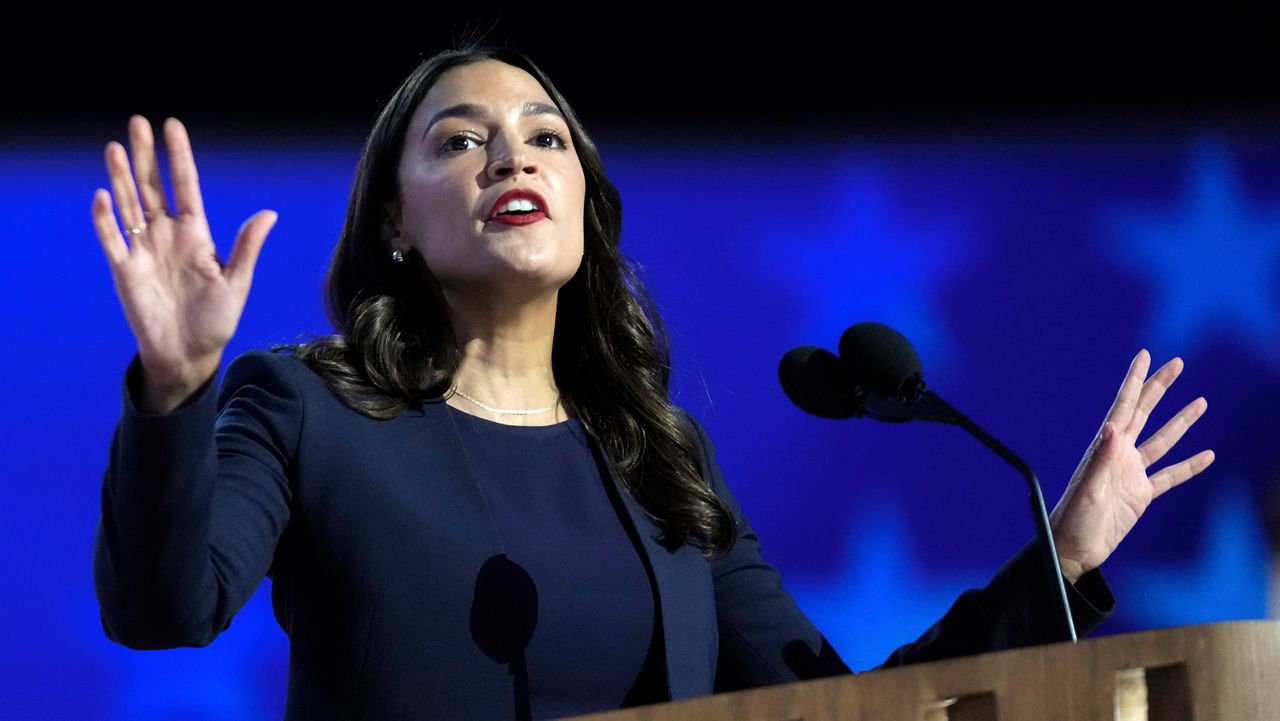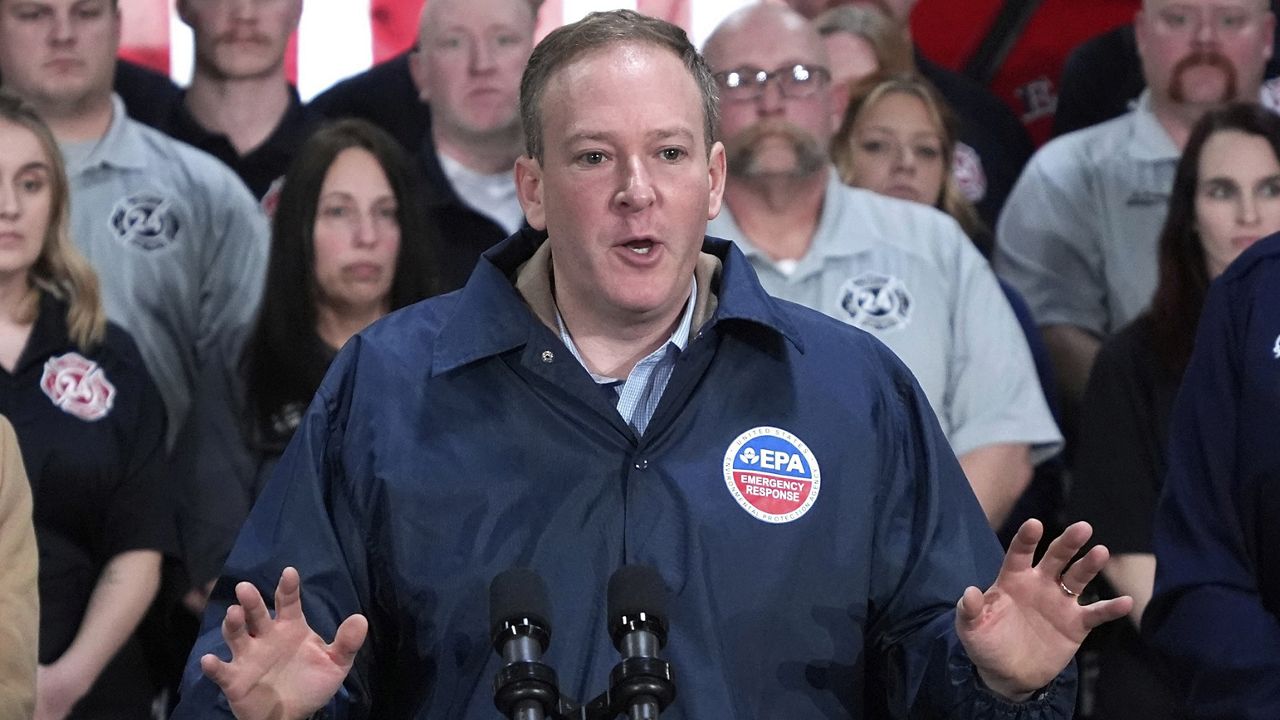It took an act of New York’s high court to give officials and lawmakers hope that the city’s property tax system will finally be reformed.
“It’s something that we’ve been fighting about for a really long time,” Councilman Justin Brannan, a Brooklyn Democrat, said.
For years, the system has been maligned as opaque, complex, unfair and unequal.
“People in my district in Bay Ridge will pay more property taxes than somebody’s who’s got a $3 million townhouse in Park Slope,” Brannan said. “That’s because the property tax system was written back in the ‘80s, when the world was a very different place.”
It was 1981 when Albany lawmakers reached a deal to pass a new property tax law in response to a high court ruling. But by the early 1990s, it was apparent the system needed reform. As a 1993 commission put together by Mayor David Dinkins said, “the property tax in New York City not only appears unfair, it is unfair.”
But Dinkins lost reelection and Mayor Rudy Giuliani shelved it. Ken Fisher, a member of the law firm Cozen O’Connor, was a city councilman in the 1990s.
“One of the things that we were dealing with was property values all over the city were going down at the time,” Fisher said.
“I don’t think there was ever an effort to overall reform the process. We were focused on the impact that additional property taxes would have on chasing residents and businesses out of the city,” Fisher added.
The system provided some political leverage to make small changes.
“A few of us stalled passing the tax rate for that year until we got a commitment from the Council leadership that they were going to provide some relief to condo and co-op owners who weren’t treated fairly,” Fisher said.
It’s a problem that exists to this day — just one of the inequalities in the city’s property tax system.
“It’s been broken for a long time and it’s a result of compromises that took place in the past,” said Allen Cappelli, a Staten Island attorney who’s been in civic life for decades. “People didn’t want to bite the bullet.”
Cappelli had a chance to offer solutions to the problem. Mayor Bill de Blasio wanted to fix the system and, like Dinkins, put together a commission to lay out a blueprint for reform. Cappelli was a member.
“Everybody was interested in seeing something done,” he said. “If you sit down and you go through the data, it is impossible not the conclude that there is a structural inequity to the advantage of many New Yorkers.”
But, as noted in the report, the pandemic slowed down the commission’s work and a final report was only issued in the last days of the de Blasio administration.
That left it to the next administration and group of lawmakers to tackle a problem their predecessors were unable to address.









